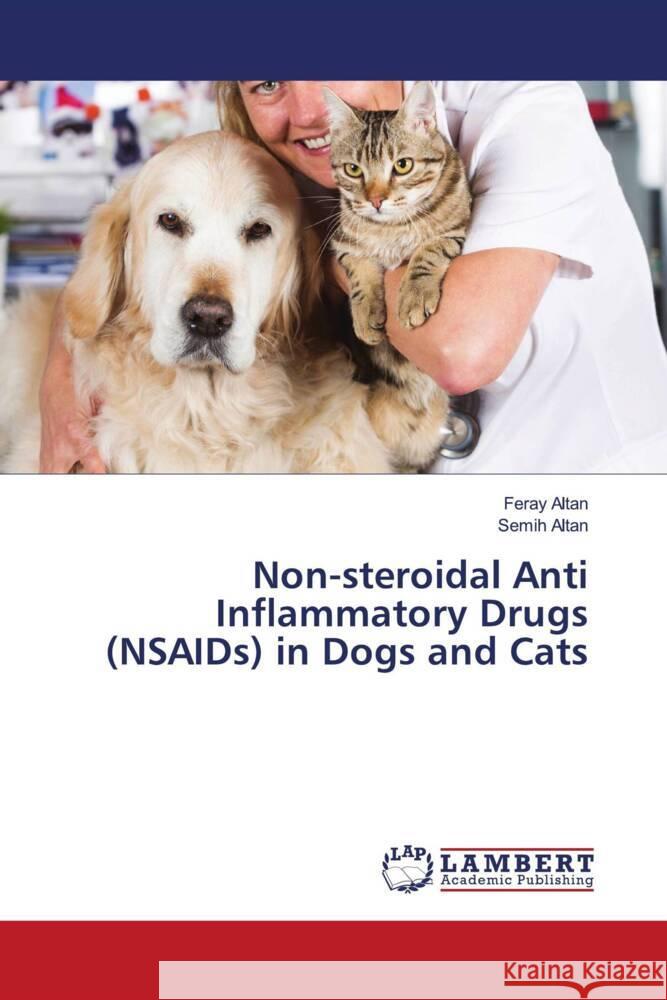Non-steroidal Anti Inflammatory Drugs (NSAIDs) in Dogs and Cats » książka
Non-steroidal Anti Inflammatory Drugs (NSAIDs) in Dogs and Cats
ISBN-13: 9786203841374 / Angielski / Miękka / 60 str.
Inflammation is a complex and necessary protective response of the immune system to harmful stimuli such as infection and tissue damage through various mechanisms. It is an essential immune response that causes healing of damaged tissue by causing changes in local blood flow and the release of several mediators, as well as removal of harmful stimuli. Thus, inflammation has been considered part of immunity against foreign invaders and danger molecules. Generally, cellular and molecular events that occur during the inflammatory response efficiently minimize the potential cause of inflammation. However, if this alleviation process becomes uncontrolled, it contributes to the pathogenesis of many inflammatory diseases. Therefore, the main problem with inflammation, which is part of the immune system, is not how often it starts but how often it decreases. Nonsteroidal anti-inflammatory drugs (NSAIDs) are routinely used in veterinary medicine to control inflammation such as traumatic wounds, induce analgesia, control allergies and various disease states. They are used not only for their anti-inflammatory properties, but also for their analgesic and antipyretic effects.











